#Ursula K. Le Guin
Explore tagged Tumblr posts
Text
Ursula K. Le Guin's The Carrier Bag Theory of Fiction
seems relevant
First ape to go to the watering hole with a container and put some of the water in it so that they could drink more later without returning to the watering hole must have been lauded as a fucking genius.
39K notes
·
View notes
Text

— Ursula K. Le Guin, from “A Rant About ‘Technology’”
60K notes
·
View notes
Text
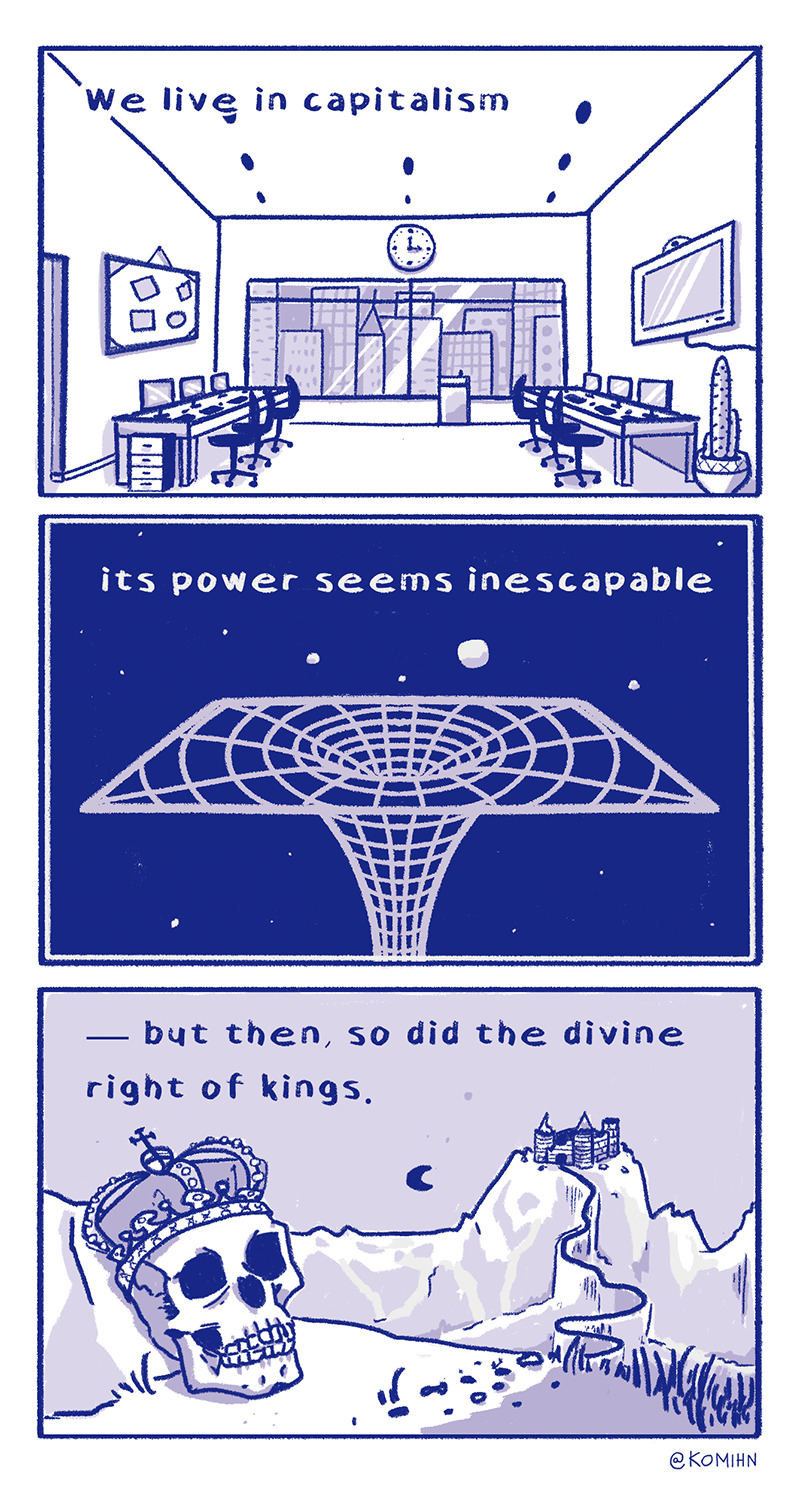
Launching my first art blogs with a small comic based on the amazing words of Ursula K. Le Guin!
93K notes
·
View notes
Text
I think about this every hour of every day of every month by the way

#lgbt#queer#queerness#gay#lesbian#bisexual#transgender#transsexual#transvestism#lgbtq#ursula k. le guin
49K notes
·
View notes
Text
“This is the treason of the artist: a refusal to admit the banality of evil and the terrible boredom of pain.”
-Ursula K. Le Guin, The Ones Who Walk Away from Omelas
Fictional villains: my motivation involves a complex backstory around lost love and a deep yearning to be understood
Real life villains: being cruel makes me feel like a big strong man
4K notes
·
View notes
Text

Ursula K. Le Guin, The Left Hand of Darkness
#dark academia#romantic academia#chaotic academia#books and coffee#light academia#moodboard#quotes#dark academia aesthetic#academia aesthetic#dark academia moodboard#soft academia#soft aesthetic#classic academia#light academia moodboard#light academism#dark academia vibes#darkacademia#aesthetic#literature academia#source: pinterest#pinterest moodboard#not my oc#images from pinterest#art academia#ursula k. le guin
2K notes
·
View notes
Text
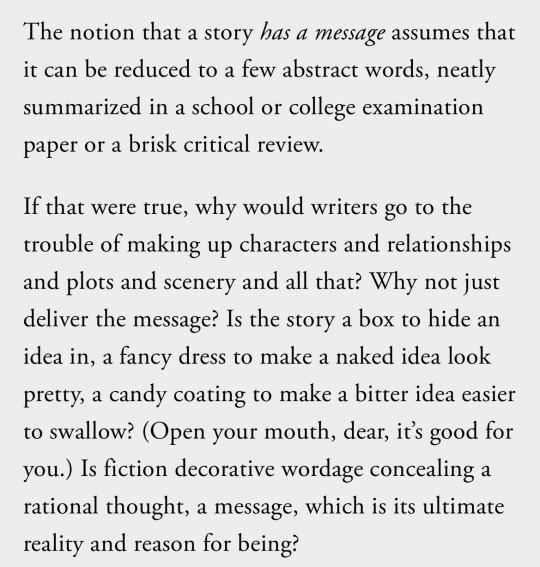
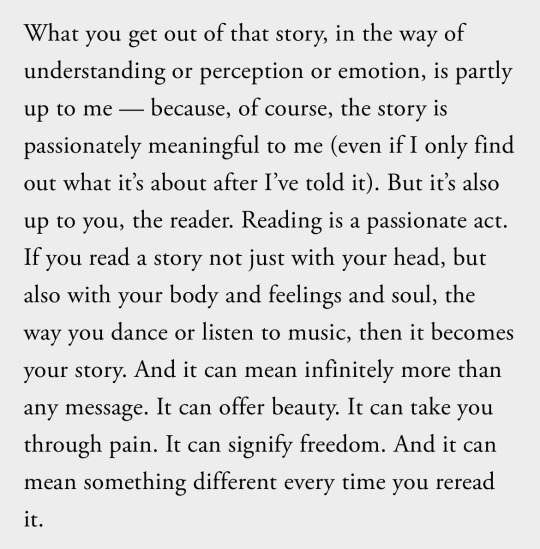
Ursula K. Le Guin
32K notes
·
View notes
Text
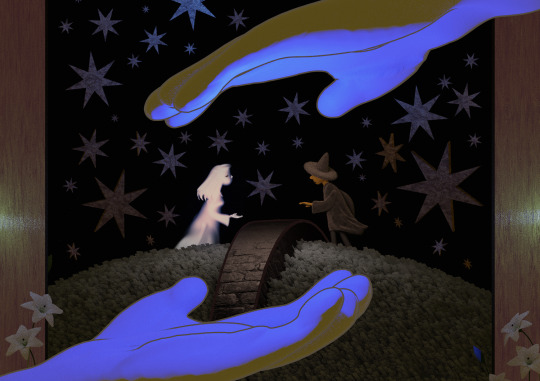
the other wind
8K notes
·
View notes
Text
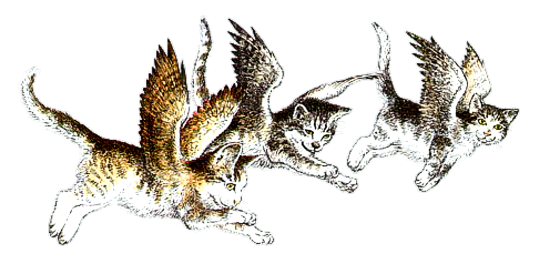
6K notes
·
View notes
Text
Offering
by Ursula K. Le Guin
I made a poem going to sleep last night, woke in sunlight, it was clean forgotten.
If it was any good, gods of the great darkness where sleep goes and farther death goes, you not named, then as true offering accept it.
943 notes
·
View notes
Text
"The idea of reforming Omelas is a pleasant idea, to be sure, but it is one that Le Guin herself specifically tells us is not an option. No reform of Omelas is possible — at least, not without destroying Omelas itself:
If the child were brought up into the sunlight out of that vile place, if it were cleaned and fed and comforted, that would be a good thing, indeed; but if it were done, in that day and hour all the prosperity and beauty and delight of Omelas would wither and be destroyed. Those are the terms.
'Those are the terms', indeed. Le Guin’s original story is careful to cast the underlying evil of Omelas as un-addressable — not, as some have suggested, to 'cheat' or create a false dilemma, but as an intentionally insurmountable challenge to the reader. The premise of Omelas feels unfair because it is meant to be unfair. Instead of racing to find a clever solution ('Free the child! Replace it with a robot! Have everyone suffer a little bit instead of one person all at once!'), the reader is forced to consider how they might cope with moral injustice that is so foundational to their very way of life that it cannot be undone. Confronted with the choice to give up your entire way of life or allow someone else to suffer, what do you do? Do you stay and enjoy the fruits of their pain? Or do you reject this devil’s compromise at your own expense, even knowing that it may not even help? And through implication, we are then forced to consider whether we are — at this very moment! — already in exactly this situation. At what cost does our happiness come? And, even more significantly, at whose expense? And what, in fact, can be done? Can anything?
This is the essential and agonizing question that Le Guin poses, and we avoid it at our peril. It’s easy, but thoroughly besides the point, to say — as the narrator of 'The Ones Who Don’t Walk Away' does — that you would simply keep the nice things about Omelas, and work to address the bad. You might as well say that you would solve the trolley problem by putting rockets on the trolley and having it jump over the people tied to the tracks. Le Guin’s challenge is one that can only be resolved by introspection, because the challenge is one levied against the discomforting awareness of our own complicity; to 'reject the premise' is to reject this (all too real) discomfort in favor of empty wish fulfillment. A happy fairytale about the nobility of our imagined efforts against a hypothetical evil profits no one but ourselves (and I would argue that in the long run it robs us as well).
But in addition to being morally evasive, treating Omelas as a puzzle to be solved (or as a piece of straightforward didactic moralism) also flattens the depth of the original story. We are not really meant to understand Le Guin’s 'walking away' as a literal abandonment of a problem, nor as a self-satisfied 'Sounds bad, but I’m outta here', the way Vivier’s response piece or others of its ilk do; rather, it is framed as a rejection of complacency. This is why those who leave are shown not as triumphant heroes, but as harried and desperate fools; hopeless, troubled souls setting forth on a journey that may well be doomed from the start — because isn’t that the fate of most people who set out to fight the injustices they see, and that they cannot help but see once they have been made aware of it? The story is a metaphor, not a math problem, and 'walking away' might just as easily encompass any form of sincere and fully committed struggle against injustice: a lonely, often thankless journey, yet one which is no less essential for its difficulty."
- Kurt Schiller, from "Omelas, Je T'aime." Blood Knife, 8 July 2022.
#kurt schiller#ursula k. le guin#quote#quotations#the ones who walk away from omelas#trolley problem#activism#introspection#discomfort#reform#revolution#suffering#ethics#morality
11K notes
·
View notes
Text

2K notes
·
View notes
Text
How does one hate a country, or love one? […] I know people, I know towns, farms, hills and rivers and rocks, I know how the sun at sunset in autumn falls on the side of a certain plowland in the hills; but what is the sense of giving a boundary to all that, of giving it a name and ceasing to love where the name ceases to apply?
— Ursula K. Le Guin – The Left Hand of Darkness (1969, p. 212)
1K notes
·
View notes
Text

The Left Hand of Darkness
#artists on tumblr#the left hand of darkness#deeply prefer the first estraven I drew but this comp kinda of calls for things to be slight more stylized#also have the vice of drawing people a bit younger looking in profile#ursula k. le guin#therem harth rem ir estraven#(thank god that tag was auto suggested right)#estraven#genly ai#tlhod#fanart
1K notes
·
View notes
Text
Yeah so the droplets of mango smoothie that spilled when you messed up my order actually spelled out your true name across the marble counter top. Which means I can now make or un-make you and bind you to my word and will. yeah you are pretty much powerless now. Okay so can you make me another one
787 notes
·
View notes